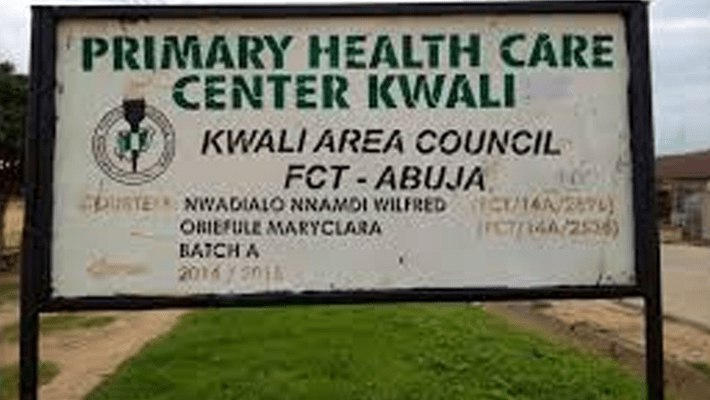Officials in the Kwali Area Council of the Federal Capital Territory (FCT) have attributed poor patronage of primary healthcare centres (PHCs) to inadequate manpower and availability of drugs, as well as community reliance on local medications.
They said this during the advocacy visit of members of the COVID-19 Response Mechanism Resilient and Sustainable Systems for Health (C19RM/RSSH) Global Fund Project Advocacy Team (SAT) in Abuja.
The C19RM/RSSH project is being implemented by the Civil Society for the Eradication of Tuberculosis in Nigeria (TB Network), Network of People Living with HIV and AIDS in Nigeria (NEPWHAN) and Civil Society in Malaria Control, Immunisation and Nutrition (ACOMIN).
Jibrin Kamadi, monitoring and evaluation officer, Kwali Area Council, said, “Inadequate manpower in the health sector is a national issue, but in Kwali, we are severely short-staffed.”
He highlighted ongoing recruitment efforts by the chairman, Danladi Chiya, to address manpower challenges.
Aso Abdullahi, logistics officer, noted that manpower and medication gaps forced community members to seek traditional remedies.
“Insufficient manpower and workload may lead to healthcare facilities being closed, discouraging patients,” said Mr Abdullahi.
Mr Abdullahi stressed the need for community sensitisation to PHC benefits.
Nathaniel Salifu, FCT coordinator for the Tuberculosis Network, said the C19RM/RSSH project aimed to address health system infrastructure gaps.
Samuel Simon, FCT programme officer, TB Network, emphasised community support and ownership through volunteering and advocacy.
(NAN)

